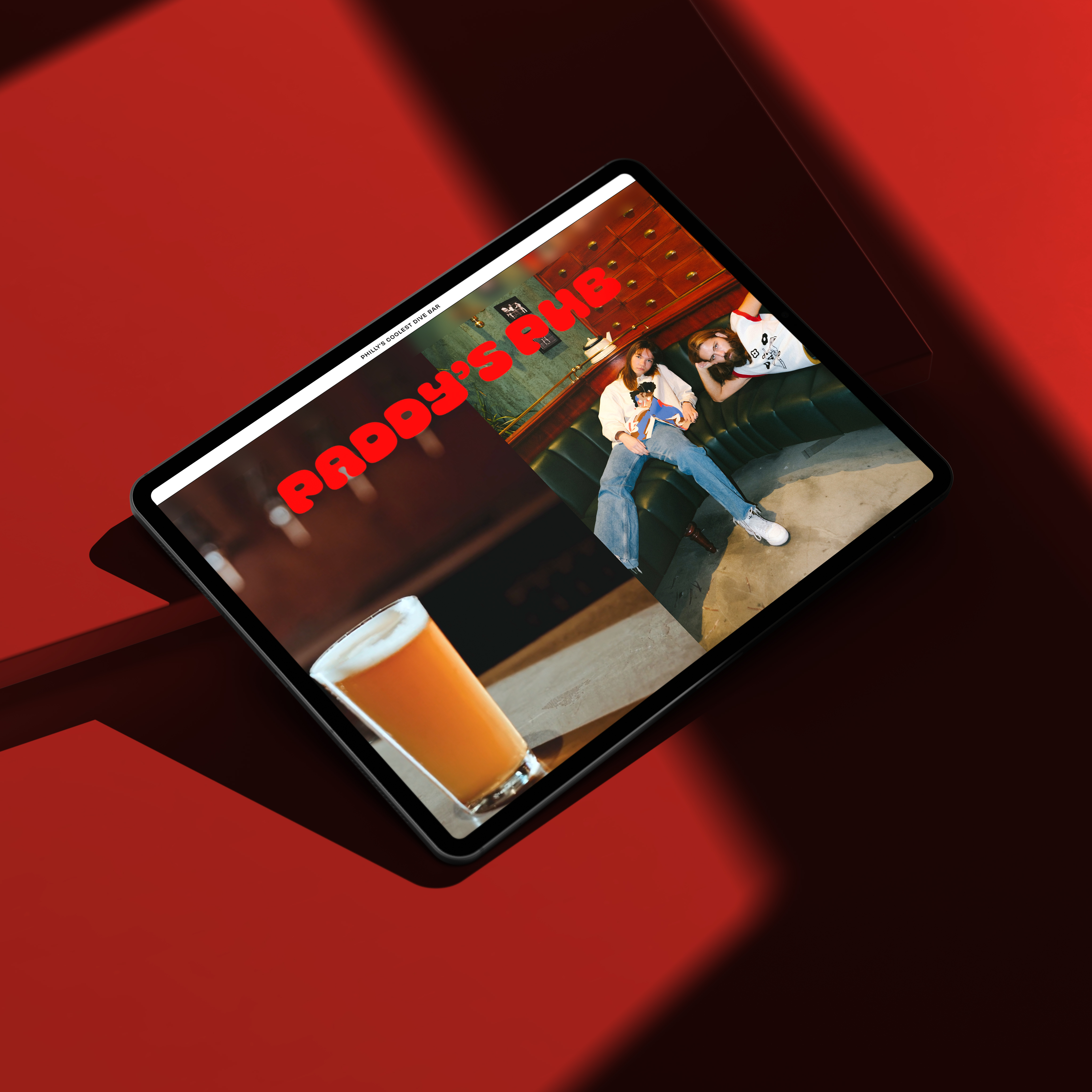
Somewhere on the internet right now, in some forum or on Threads, someone is asking “What’s the best website platform to use?” or “I want to switch to XYZ platform, is that a good idea?” or some other loaded question with so many variables that it’s impossible to actually give an answer that’s worth a damn without more information.
The people asking these questions genuinely aren’t the problem, it’s the people in the replies that I have a bit of a beef with. They chime in about which platform they ADORE or which one they hate and it’s blah blah blah platform wars. When the real answer to that question isn’t so cut and dry.
The answer isn’t sexy. Because all platforms have their issues. None are perfect. And none are all bad. It depends on your needs, your skill level, and how much of the “bad” you can put up with.
Pretty much like everything in life.
We as designers and developers push the boundaries of these platforms because we can, but the choice of which one to use for which project shouldn’t come down to which the designer is most comfortable with if it’s not going to serve the client in the long run.
Or if expanding the platform’s capabilities is outside of that designer’s skillset.
I had a project where I had to butt heads with a website platform, Squarespace, to get the job done. I’m very proud of my coding skills, so making changes to my client’s sites is pretty easy to do on my end. But on this project, there was a feature that Squarespace definitely didn’t offer that I desperately needed.
The project was for my client Jillian Anthony. Jillian is a writer and editor with a stellar portfolio not just in quality but in quantity. And with articles, features, interviews, etc that span across different years, categories, topics, and mediums, we needed a robust way to display her portfolio and allow her visitors to better digest all of her work.
If she had a smaller portfolio, then simply using a Squarespace blog + summary block combo would work perfectly. However, with over 50 portfolio pieces to include, that wasn’t going to cut it at all. That summary block did not have the capabilities of handling a portfolio of that complexity.
So I installed the Universal Filter Plugin from Squarewebsites to create this filterable, searchable portfolio with pagination so users can see all of her work or filter it to the categories of work they want to see.
It enhanced the user experience of the page ten fold and made the digestion of her work for the visitor much easier and quicker.
That project was an instance of me needing to expand the capabilities of the website platform for ONE project with a very SPECIFIC need. There’s only one website platform that I know of that could have been able to handle that sort of job natively without a premium plugin, and that’s Webflow. And even then, it may have taken some finessing to get just right.
So why didn’t I put my client on Webflow? Because her previous site was on Squarespace 7.0 and while I do believe she is quite tech savvy (she runs a pretty awesome Substack and Podcast!), Webflow would have scared the pants off of her. And that’s no shade.
Squarespace was a platform she was familiar and confident in working with, so I made the platform work better for her.
So the answer to the question: “which website platform is best?” isn’t really the right question to ask.
I think the question should really be: “What platform is going to give me the functionality to create the best user experience for my visitors with minimal friction right now and in the future?
Oh yea, and one more thing.
No website platform is better for SEO than another.
Please hear me when I say that.
How your website shows up in search engines has to do first and foremost with HOW you write. It’s about the keywords you use, how you use and optimize your page titles and descriptions, site titles and descriptions, and how well you use your headings (H1, H2, etc.), using ALT tags on your images,etc.. Every platform gives you access to those things/options.
So please do not fall for the “XYZ platform has terrible SEO” or whatever you may see online. It’s bullshit.
—
If you’re still not sure which platform to choose for your site, or if you’re a designer that’s curious about the capabilities of Webflow, mention me on Threads or send me a DM on Instagram and let’s talk.


.png)
.png)
.png)